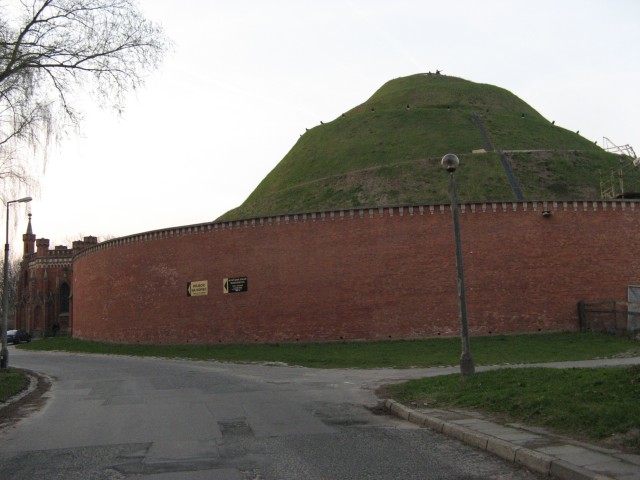I’ve been in Poland for the last week for, firstly, the annual meeting of the Editorial Board of the SEER Journal for Labour and Social Affairs in Eastern Europe, a journal which I help edit; and then secondly in attendance at the 12th international conference of the Otto-Brenner-Stiftung, a German research trust attached to the metalworking union IG Metall.
It was my first trip to Poland, hitherto a (rather large) hole in my visited map of central Europe, while the event provided major opportunities to catch up with old and new colleagues in the European trade union movement. The conference was held in Katowice, a town with perhaps all the tourist pull of Redcar, with which it shares a steel industry past if not the coal mining one that also defines Katowice, although I travelled to, and spent some time in, the rather more lovely/touristy city of Krakow some 77kms away.
It’s clear that Katowice has changed, radically. From a position of a reliance on heavy industry, and in a situation where a glimpse of sunsets was an apparently rare event as a result (as well as constituting a personal definition of hell), Katowice has become, well, a city of conference and business hotels and not obviously a lot else. Even if the jobs are not necessarily ‘McJobs’, the shift in the employment base is evident and that of course presents great challenges to trade unions.
Against a backdrop of dramatic and almost universal decline amongst central and eastern European trade unions, the conference theme of environment and growth – with discussions centring on green jobs, shifts in production away from car manufacturing and a consumption based on environmental values rather than consumerist ones – presented the stage for a tough series of debates. With employees and their trade unions having gone through one, hugely costly transition already in terms of the shift to market-based systems, and for whose impact the blame can clearly be laid at the door of capitalism, the prospect of going through another represents clear difficulties to trade union colleagues from the region. Here, when it is western trade unions that are propounding the need for such a transition represents a unique difficulty as regards their eastern counterparts. Examples of successful, and inspirational, organising initiatives can be found – and the transition to environmental values is clearly a very necessary one – but these need to be made clearer, more imaginative and more relevant if central and eastern European trade unionists are to be convinced that this next transition will not lead to them being totally wiped from the map.
For those of you looking at the title of this post for a less metaphorical hill, how about this: the Kopiec Kościuszko (Kościuszko Mound) – one of four such surrounding Krakow, this one being 326m above sea level affording magnificant views over the city and surrounding area. And yes, it is of course absolutely possible to get to the top even though the path might be serpentine.
